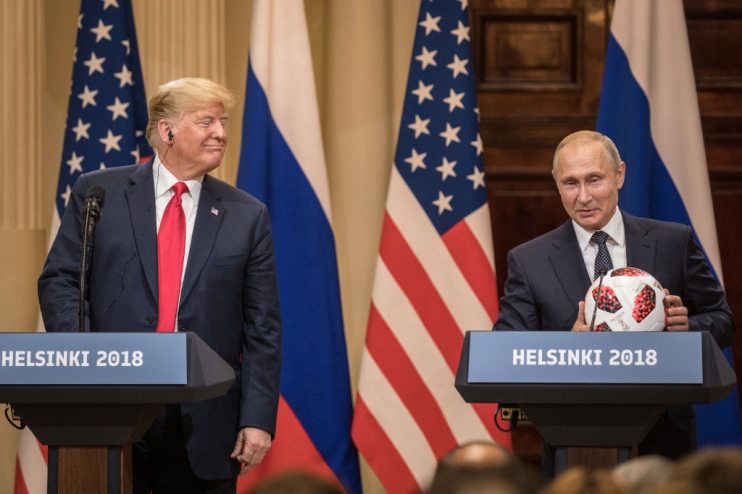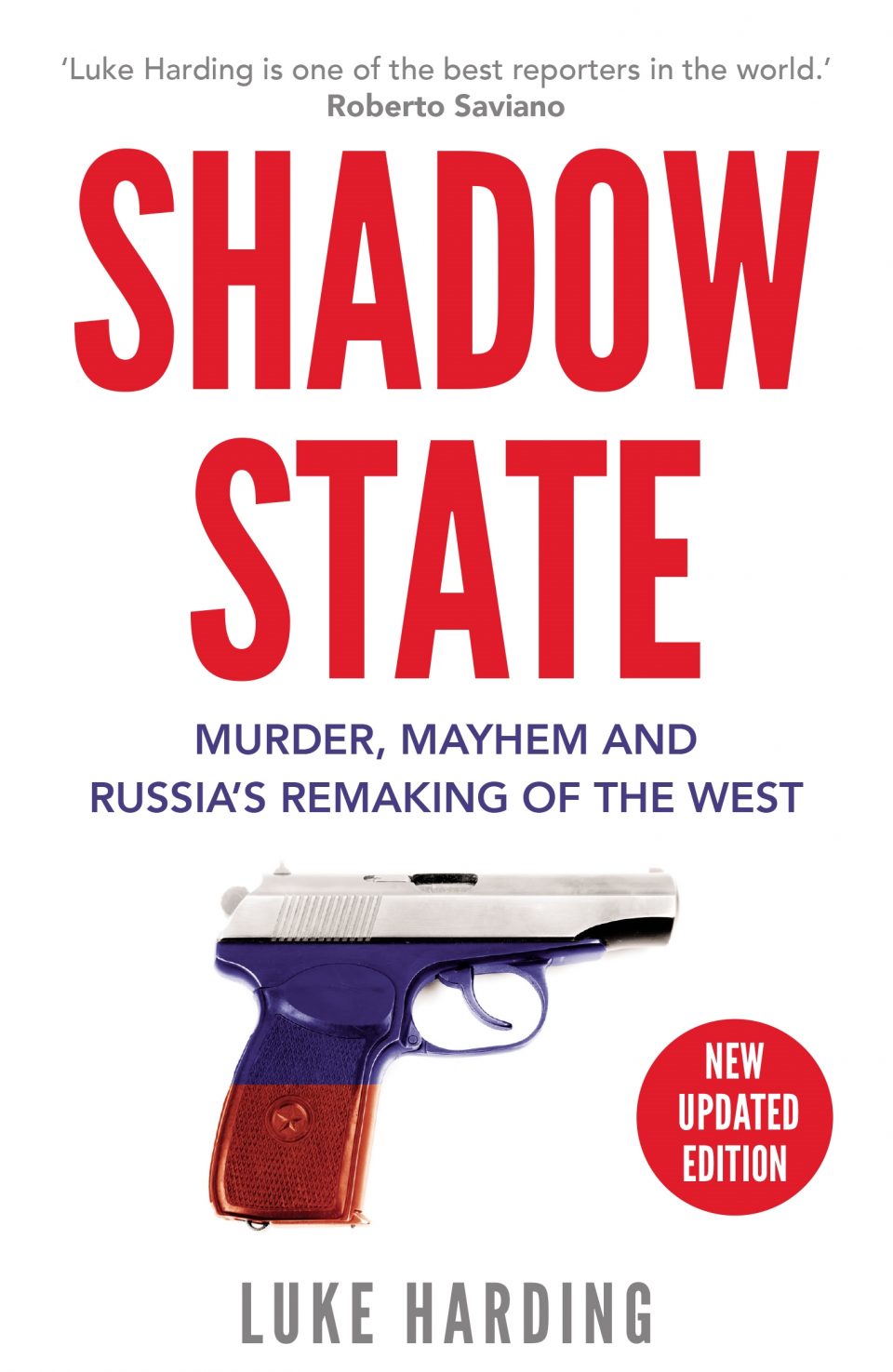City Pages Review: The legacy of Donald Trump and Vladimir Putin’s bizarre bond

Since the curtains came down on 2019, many of us have spent more time inside our homes than we had ever imagined. The pandemic has thrown up political and social change rarely seen in peacetime, but living through and talking about Covid has consumed incredible amounts of oxygen, often to the exclusion of other worthy issues.
In a series of reviews released this week, CityAM columnists have handpicked books to help make sense of our lives outside of our living room.
Shadow State by Luke Harding

Review by Sascha O’Sullivan
The pandemic has overshadowed some of the most electrifying news stories of the last year. Out of sheer exhaustion, many people gave up trying to understand the bizarre realities of Donald Trump’s relationship with Vladimir Putin. After the riots at the Capitol in the wake of Joe Biden’s election, the sheer relief that the turbulence of the Trump administration was over meant many of the scandalous allegations of his Presidency were consigned to history before their time.
The updated edition of Shadow State by the former Guardian Moscow correspondent, Luke Harding provides a re-examination of the complicated dynamics between the two leaders, Russia’s secretive influence in democratic countries – including the UK – and a reckoning for the West: how to grapple with a nation which has moved on very little from its Soviet roots.
In 2016, a group of hackers working for the military intelligence arm of the Russian secret service, the GRU, launched an attack on the Democrats and Hillary Clinton in an effort to discredit her bid for the US Presidency. It was a sophisticated outfit given Putin’s disdain for the internet, Harding notes. Russia has caught up to the art of modern warfare and intelligence, he says, and his book lays bare the extent of Moscow’s influence in the institutions we take for granted.
As Harding rightly points out, the Russia problem is inaccessible to many, so fraught is it with names like Petrov, Boshirov, Aslanov and Morenets, Prigozhin and Udod. “We get lost amid unfamiliar surnames and patronymics,” Harding says. Shadow State, then, is a doorway into the ghostly world of Russian intelligence and influence for the uninitiated. The tale of Moscow’s spies in the West is complicated and at times Harding seems lost in the complexity himself, jumping from the streets of Salisbury to sweeping assessments of the Trump presidency.
Robert Mueller’s investigation of Russian interference into the US election lays much of the foundation for the book, alongside the work of former MI6 officer Christopher Steele. Harding paints a delicate picture of all of the labyrinthine systems within Moscow and the shadowy cast of characters who have managed to gain influence in both the UK and the US. Explaining the backstory of people such as Andrey Kostin, the President of leading Moscow bank VTB, is not a simple task and Harding does it well. The fascinating stories of the top players in Russia, some mainstays in the headlines and others largely unknown, give the book a strong narrative even if it does occasionally stray into long exposition.
Many of the topics given their own chapters, such as the hacking of the Democratic National Committee are introduced with broad statements or snippets of explanations within the first few pages. For anyone unfamiliar with the ins and outs of the 2016 election or the allegations which followed Trump, this can be disconcerting.
Where the first edition asked if Putin could unravel yet another democratic candidate with a concerted disinformation campaign, the updated afterword looks at the antics of Moscow’s intelligence officers over the course of the last year.
In March last year, the same hackers believed to be behind the DNC hacking had a new target: Texas-based company, SolarWinds, which provides services to most of the Fortune 500 companies, as well as government agencies in the US, Europe and around the world. Months later, Russian opposition leader Alexei Navalny was poisoned using the same Novichock agent used to try and kill Sergei Skripal and his daughter Yulia in Salisbury in 2015. Harding uses these events to ask fresh questions about Britain’s ability to defend itself against Russian disinformation. Only weeks ago, a Russian spy was weeded out in the British embassy in Berlin, tempted into handing over information in exchange for money. Until this month, there was no Security Minister in the UK. Harding’s message is clear: complacency is the ultimate killer. Russia’s Cold War era tactics are tried and tested and so our pursuit and defence of democracy must be equally bolshy.
